|
Title: Suicidal Samurai: Meiji Mysteries Book One Author: Sarah G. Rothman Genre: Historical Fiction, Mystery, Action Summary In 1878, a tall Japanese cowboy in a black duster arrives at the port of Yokohama, Japan. Fifteen years ago, Makoto Mori’s family was killed by the Shinsengumi, the infamous corps of Shogun loyalists. Makoto survived by hiding in a ship bound for America. Now, in the Meiji era, he’s come home for revenge. But before Makoto can gather his bearings, he finds a dead man in his hotel, a man who has seemingly committed suicide. The dead man, Watanabe, was an associate of actress Helen Arkwright’s industrialist husband. While she plays detective, the bumbling policeman Kotaro Yamada thinks he knows who the real killer is: Makoto, “the man in black.” As Makoto, Helen, and Kotaro collide, they uncover a conspiracy that threatens the very heart of Japan. Review I bought this book last June, when I was at the Local Author’s Showcase at Cumberland County Library, because of all the books for sale, Suicidal Samurai appealed most to me. I love mysteries and I love the Meiji era in Japan. In fact, I lived in Japan for three years and made it a point to study the bakumatsu, a chaotic period when the two hundred year reign of the Tokugawa Shogunate came violently to an end and the stage was set for rapid modernization under the Meiji era. I read the first couple of the chapters, and the prose flowed smoothly. It didn’t seem like high literature, but I thought it might be a fun read. Fifty pages in, the struggle began. There was nothing really wrong with Suicidal Samurai, but there was nothing really right, either. This could be me--I’m very picky--but when I read a book, I want to learn something, to feel something, to experience sights and sounds I can only imagine. When I read Suicidal Samurai, I didn’t feel strongly one way or the other. The prose was competent but did not have an artistic signature. I could see what was happening, but I did not get swept up in the moment. It was fine but not novel, and so I found myself getting bored. For me, as a reader, it is vital I connect to characters quickly, because the more I relate to them, the more I'm compelled to read. Makoto Mori, the samurai cowboy, has an interesting backstory. Technically Japanese but raised in America, belonging to both cultures and yet claimed by neither, Makoto should have been fascinating. But his backstory doesn’t inform his current psychology. There’s no anguish over the loss of his family, no fury toward the men who ruined his life, no sadness or confusion at being a stranger in his own country. Makoto plods along on his quest for vengeance with stoic obligation. I found it hard to work up much enthusiasm for him.
Still, I liked Makoto more than the other main characters. Kotaro, a policeman with delusions of his own importance, comes across as the bumbling comic relief. No one takes him seriously. But I’ll give him this: at least he’s trying to solve the murder. Helen, the wealthy American with no clue about Japanese culture, stumbles into dangerous situations thinking her abilities as an actress make her a good detective. They don’t. I really didn’t care for her, even if she proved to be smarter than she seemed. Makoto, Kotaro, and Helen spend the first half of the book repeatedly crashing into each other, with Makoto making a quick run for it before they can talk. Since all three characters are chasing different leads on the same conspiracy, being able to exchange information might have helped the plot along. Instead, the plot stalls. It was so frustrating watching them converge in the same location only to almost meet. Once they actually do meet--for real--the plot moves along more quickly. In the meantime, there’s plenty of action. Makoto jumps from windows and clashes swords with masked strangers, but without the plot necessitating the action, I found these incidents tedious. Suicidal Samurai had some interesting reveals, and though it took a while for the mystery to unfurl, its resolution was satisfying. The story ends with hints of adventures to come, and I have to say, even though I struggled reading this book, I also wanted to know what happens next. A romance was left in a precarious situation, a buddy cop friendship was starting to form, and as for Makoto’s quest to find the Shinsengumi that killed his family… well, let’s just say, if you know your history, you might see a problem. Speaking of history, as someone who studied Bakumatsu/ Meiji era and, more importantly, read Rurouni Kenshin, there were some historical details that seemed blatantly inaccurate. For example, why did everyone say that Okubo Toshimichi committed suicide when everyone (in Japan) knows he was assassinated? And why would the Shinsengumi, a samurai police force in Kyoto, murder an entire family in Yokohama? I know to most Americans this means nothing, but for me, it’s like reading a story where everyone agreed that Abraham Lincoln committed suicide and that it makes logical sense for a family living in California in 1861 to be murdered by a band of Confederate soldiers. It bugged me, not so much because it was wrong, but because it shows a misunderstanding of the times. I don’t mind history being “reinterpreted” in a clever way or historical characters showing up. I knew the significance of the Hiei ironclad, I felt smug at seeing the Shinsengumi hiding in plain sight, and I fangirled harder than I cared to admit at the appearance of Ito Hirobumi, one of the Choshu Five and first Prime Minister of Japan. I also appreciated how Makoto smuggled his sharp-shooter into Japan, which combined research and creative touches. However, I wanted more. I wanted more details to make me feel immersed in this time and place, I wanted villains whose motives explored the complicated effects of the changes taking place, I wanted insight into the Japanese culture. And maybe this isn’t fair, because it’s a place and an era I feel personally connected to. But I felt the setting was shallow and I wanted it to be deep.
1 Comment
Donald Lang
11/12/2019 07:22:42 pm
Sounded like it might of been a good book. It's a shame they didn't have you story edit it.
Reply
Leave a Reply. |
Rebecca LangWriter. Critic. Dreamer. Archives
January 2021
Categories
All
|
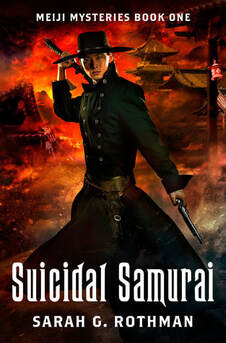
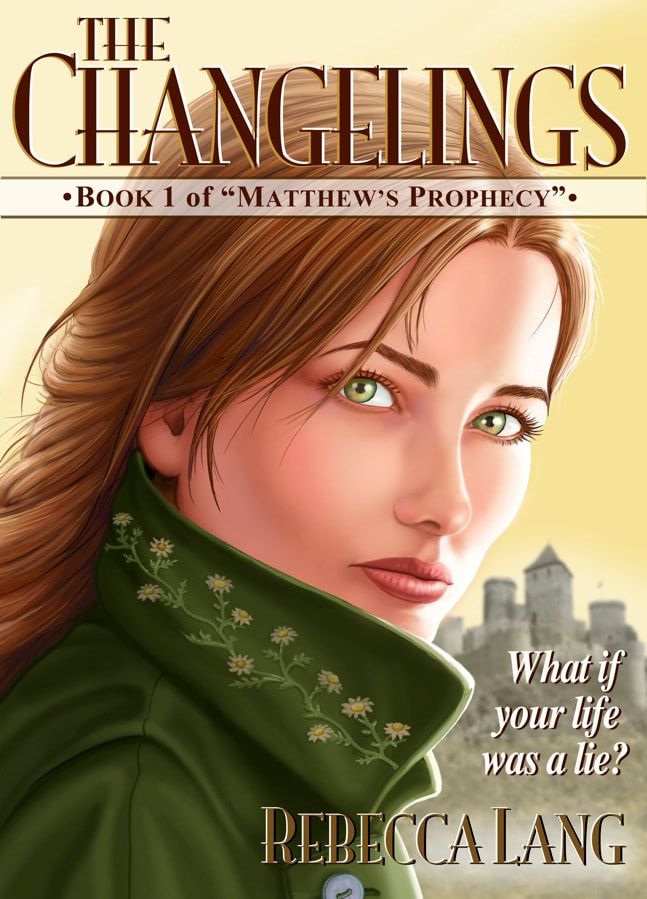
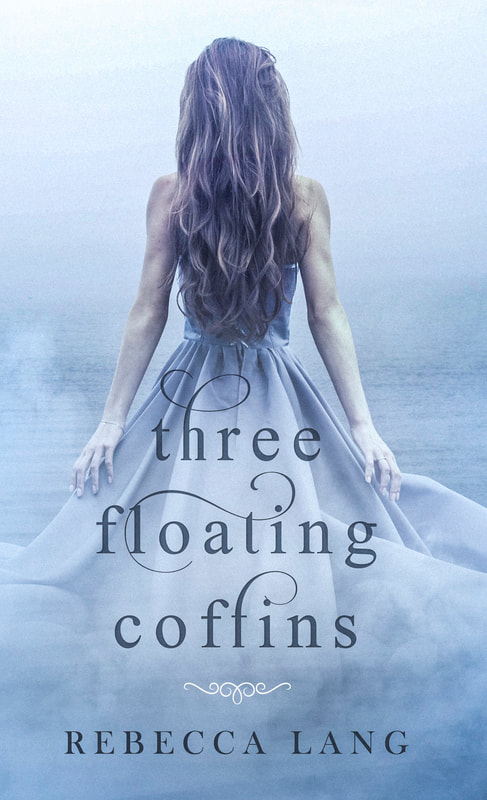
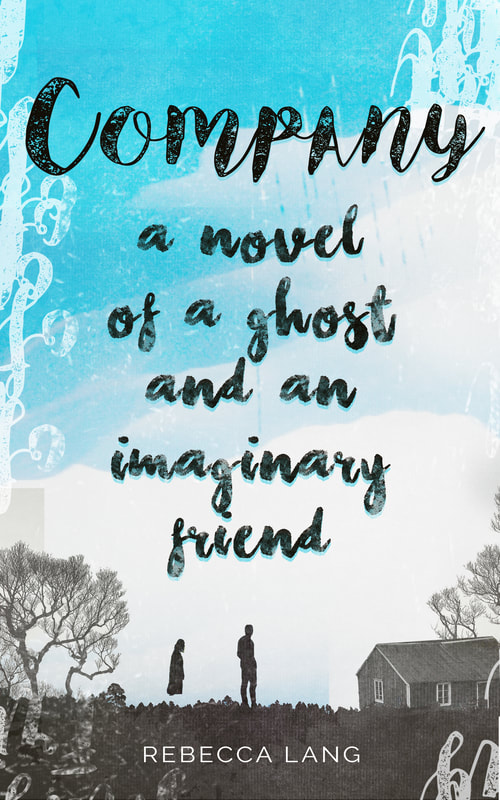
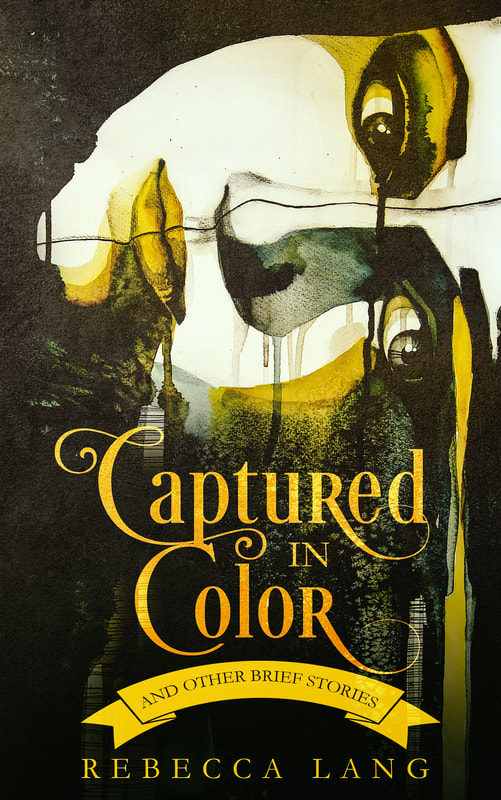
 RSS Feed
RSS Feed